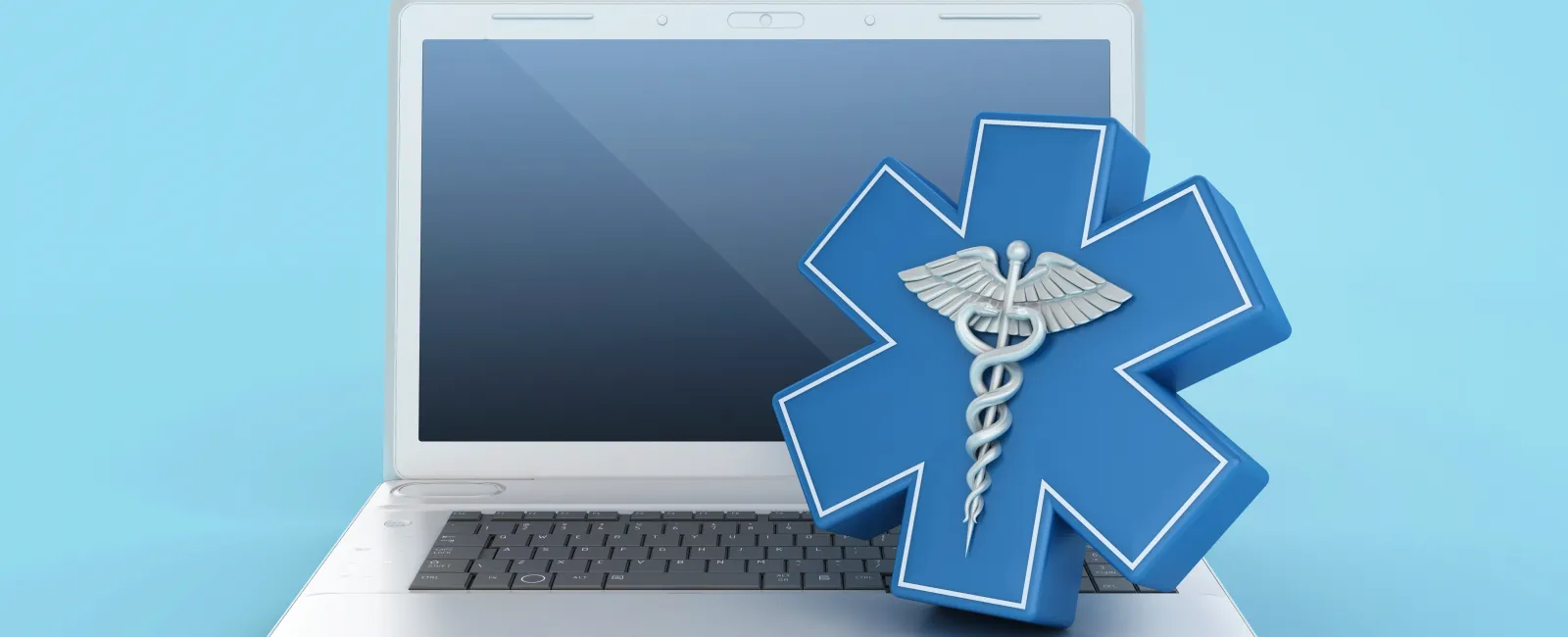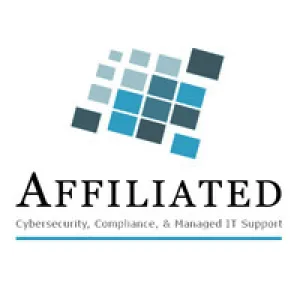
In recent months, a disturbing cybersecurity breach at Change Healthcare, a payment-processing company under the health care giant UnitedHealth Group, has highlighted a chilling reality: cyberthreats can lurk undetected within our networks, ready to unleash chaos at any moment. The breach, carried out by the infamous ALPHV/BlackCat hacker group, saw the group lying dormant within the company's environment for nine days before launching a devastating ransomware attack.
This incident, which severely impacted the US health care system—a network with a substantial budget for cybersecurity—delivers an urgent message to all business leaders: a robust cybersecurity system and recovery plan are not optional but a fundamental necessity for every business.
The attack began when hackers used leaked credentials to access a key application that, alarmingly, was left unprotected by multifactor authentication. Once inside, the hackers stole data, locked it down, and then demanded a hefty ransom.
This action stalled nationwide health care payment-processing systems, causing thousands of pharmacies and hospitals to grind to a halt.
Then things got even worse.
The personal health information and personal details of potentially millions of Americans were also stolen. The hackers executed an exit scam, demanding a second ransom to avoid releasing this information.
The breach necessitated a temporary shutdown, disconnecting entire systems from the Internet, a massive overhaul of the IT infrastructure, and significant financial losses estimated to potentially reach $1.6 billion by year's end. Replacing laptops, rotating credentials, and rebuilding the data center network were just a few of the actions UnitedHealth Group had to undertake. Beyond financial costs, the impact was deeply human—disrupting health care services and jeopardizing personal data.




